Breastfeeding is a wonderful bonding experience, but if your baby is fussy and miserable after feedings, then feelings of doubt can creep in and shake your confidence. As a new mom, you need to feel that you are doing the best thing for your baby. Issues like excessive gas and fussiness may mean that something in your breastmilk isn’t agreeing with your baby’s sensitive tummy, not that you’re doing anything wrong. To solve the problem, you may want to look over the list of foods to avoid while breastfeeding.
If you're a breastfeeding mom, there are several foods you may want to avoid that can cause gas, fussiness, and irritability in your baby. If changing your diet to avoid those foods doesn't work, there are also some common allergens and foods that can reduce your milk supply to possibly avoid. It’s best to consult your doctor before making any major changes to your diet, so treat this as a guide to get started and perhaps use it to work with your doctor to find the best breastfeeding diet for you.
Thumbnail Sources: Morgan Swofford for LittleThings
Foods that Cause Gas/Fussiness/Irritability

There are several foods to avoid when breastfeeding because they contribute to the fussiness that most babies experience at some point in their first few months. When you are exclusively breastfeeding, just about everything you eat goes directly into your milk supply, and thus directly into your baby. Most of the foods on this list can cause similar symptoms in adults, only to a much smaller degree since our digestive systems are more advanced than a baby’s.
1. Broccoli, Onions, And Cabbage
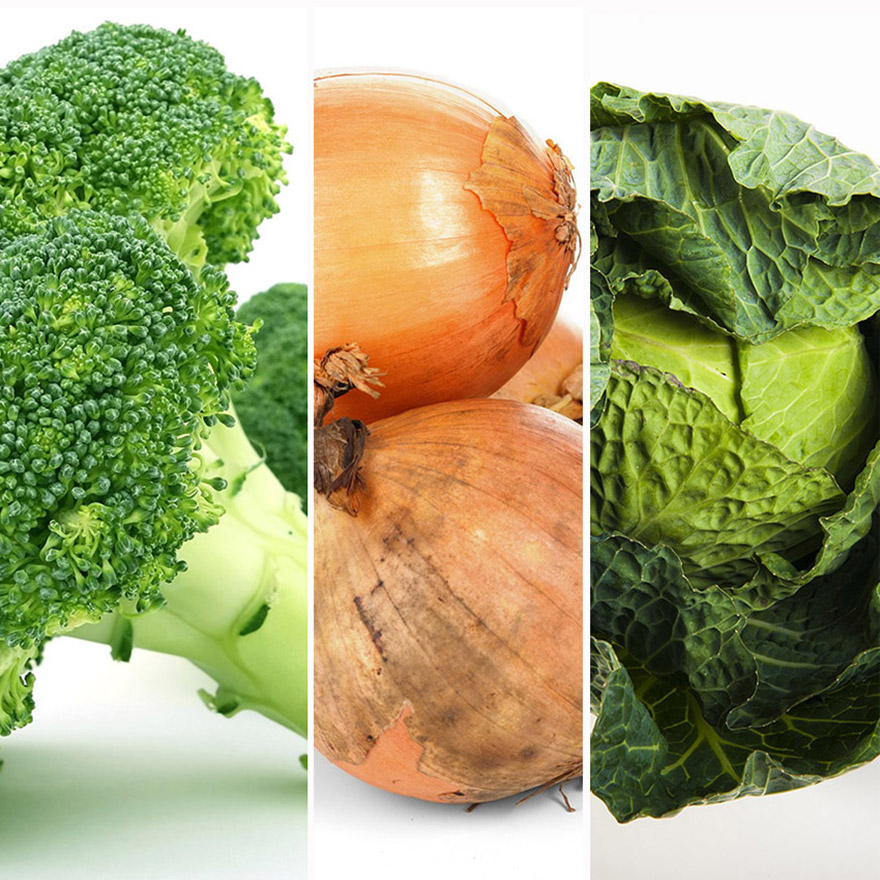
We hate to be the ones to tell you not to eat your veggies, but these are some of the top vegetables to avoid while breastfeeding due to their reputation for causing gas. Young babies naturally struggle with gas, but these foods can add to the problem, leading to an overly fussy baby.
2. Spicy Foods
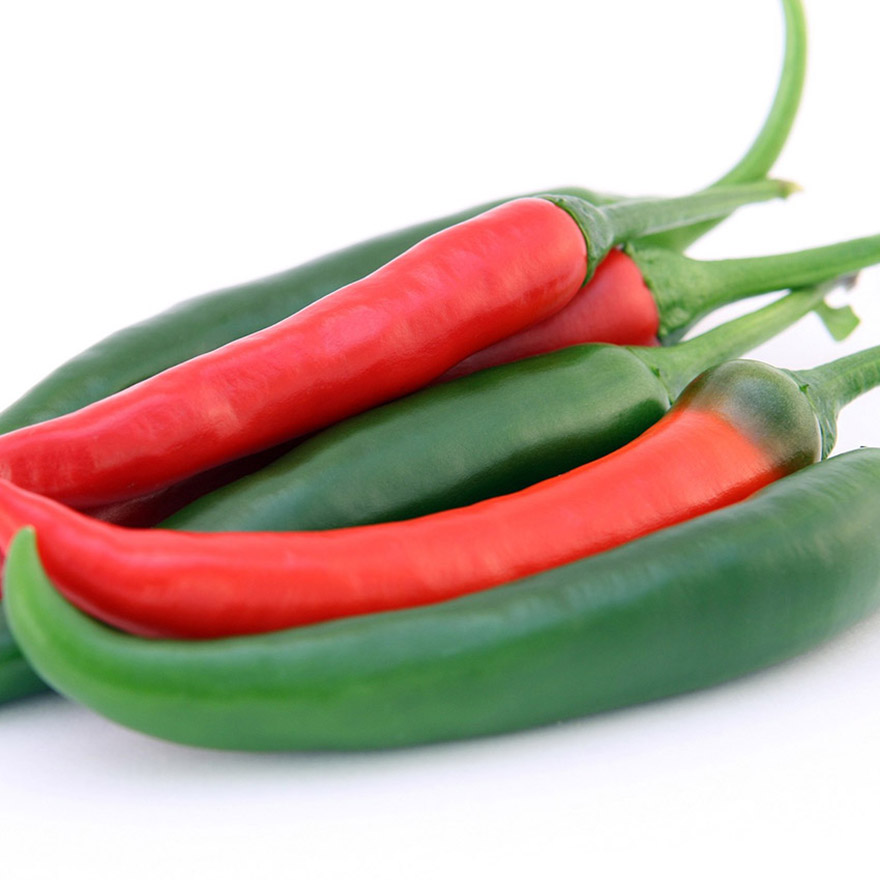
Similar to the gas-inducing veggies, spicy foods can irritate your baby’s immature digestive system, so it may be best to avoid them, at least for the first several months until your baby is past the typical gassy/colicky stage. If you’re a huge fan of spicy foods (and who’s not?) this may be a good time to experiment with other flavors to add zest and kick up your food a notch, and stay away from these gassy foods to avoid while breastfeeding.
3. Citrus Foods
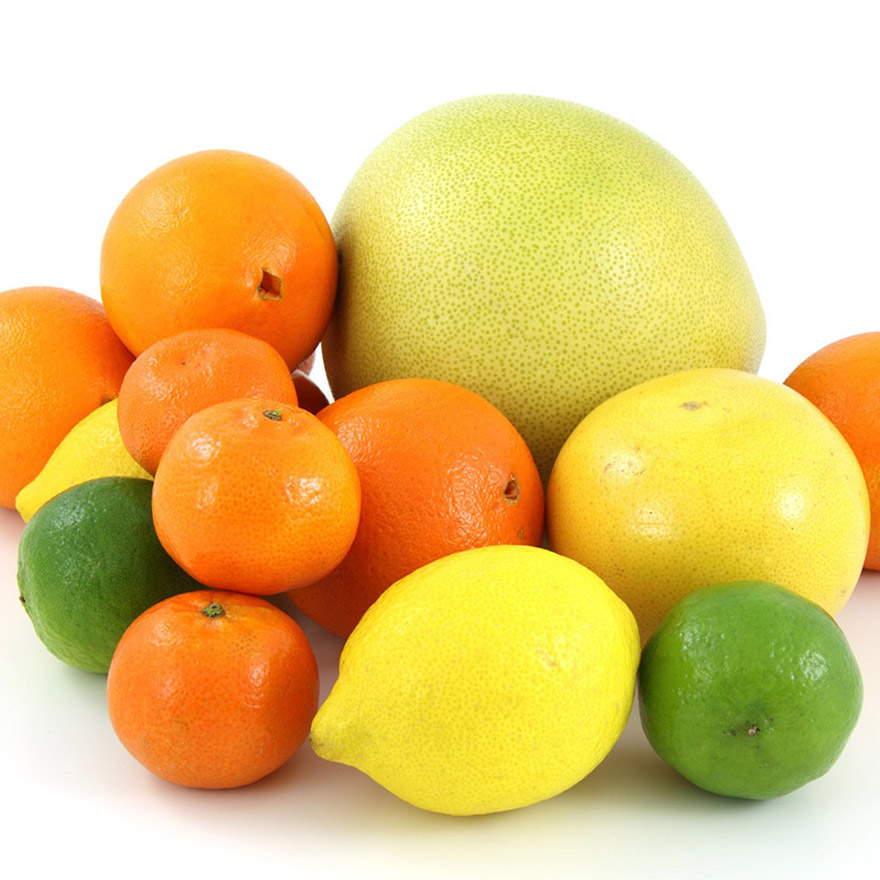
We get it, you’re starting to wonder if we’re trying to get you to eat junk food! We promise we’re not, but it’s true that you may have to lay off those sweet, juicy oranges and tart, refreshing grapefruits for a while. Citrus fruits can make your breastmilk more acidic, which can lead directly to diaper rashes in young babies, thus—you guessed it—making them fussy. So, if you must indulge in citrus fruits, try to keep them to a minimum. Instead, substitute other healthy fruits, like melons and bananas, until your baby is ready to cut back on the breast milk a bit.
4. Coffee
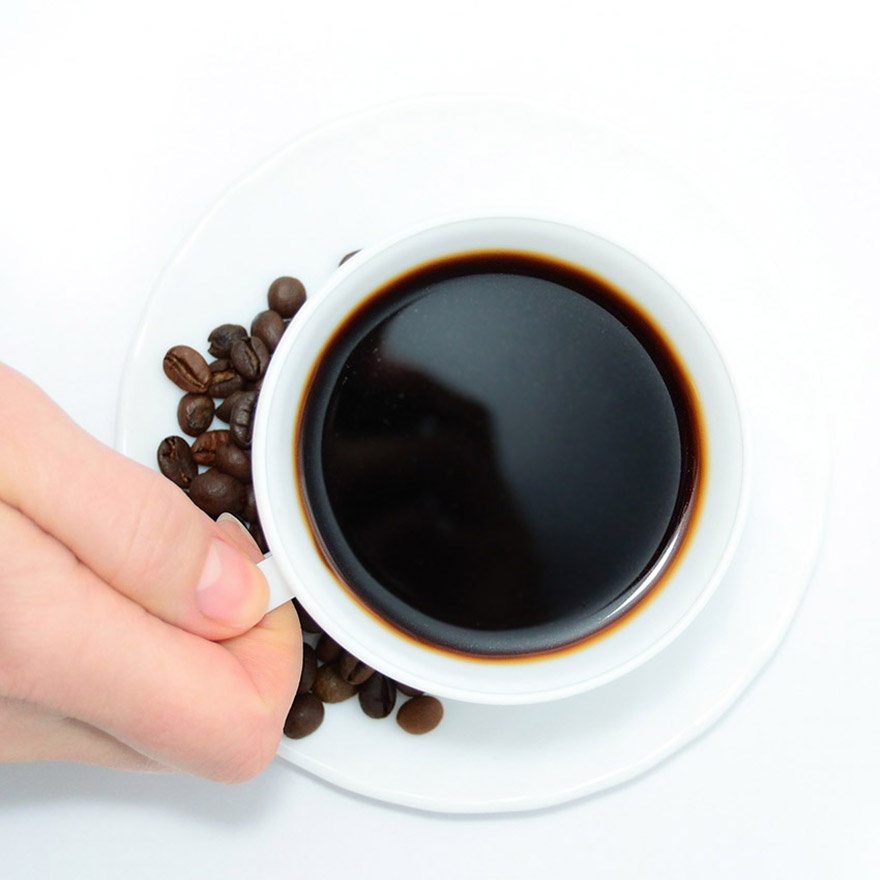
Most new moms would sooner give up a vital organ than a cup of coffee, but don’t sweat it: coffee isn’t a food to avoid during breastfeeding, but rather one to simply cut down on.
Think about it: coffee makes you more alert, right? Well, it does the exact same thing to your baby through your breastmilk. It’s totally fine to indulge in one or even two cups of coffee in a day, but it’s best not to exceed that, and if possible, avoid drinking any coffee late in the day unless you want to be up all night with an alert, super-fussy baby.
Foods That Can Affect Milk Supply
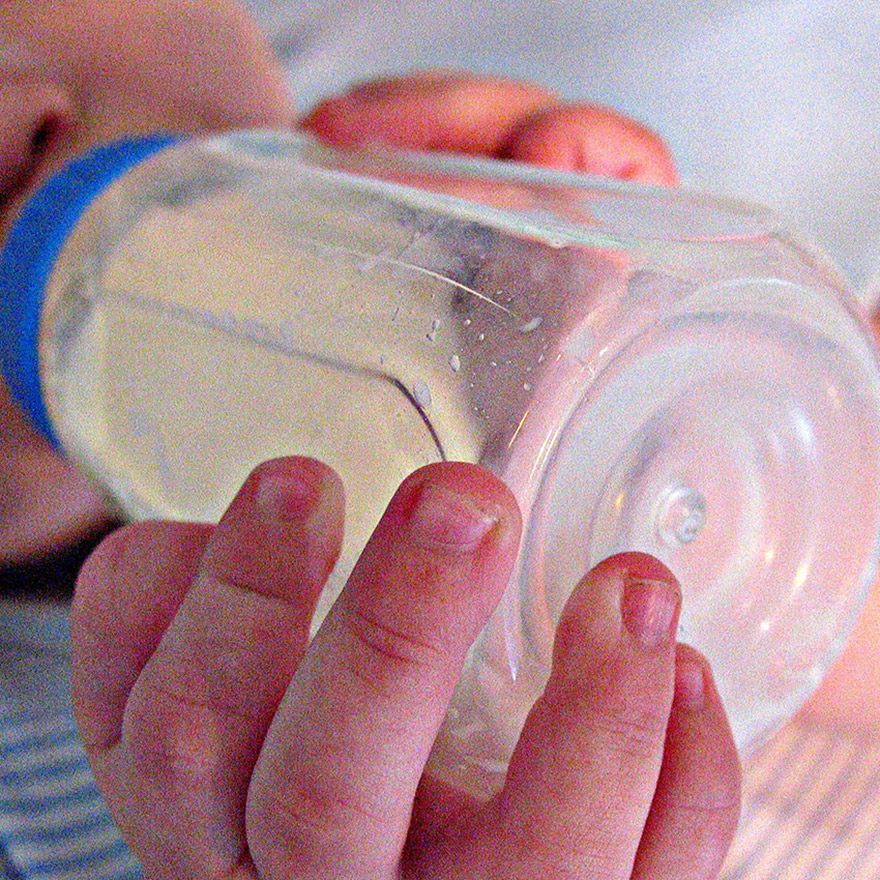
The list isn’t long, so don’t worry, but it helps to be aware of the fact that there are several herbs to avoid while breastfeeding. If taken in large quantities, these can reduce your milk supply, which leads to fussiness for a totally different reason—a hungry baby!
1. Peppermint
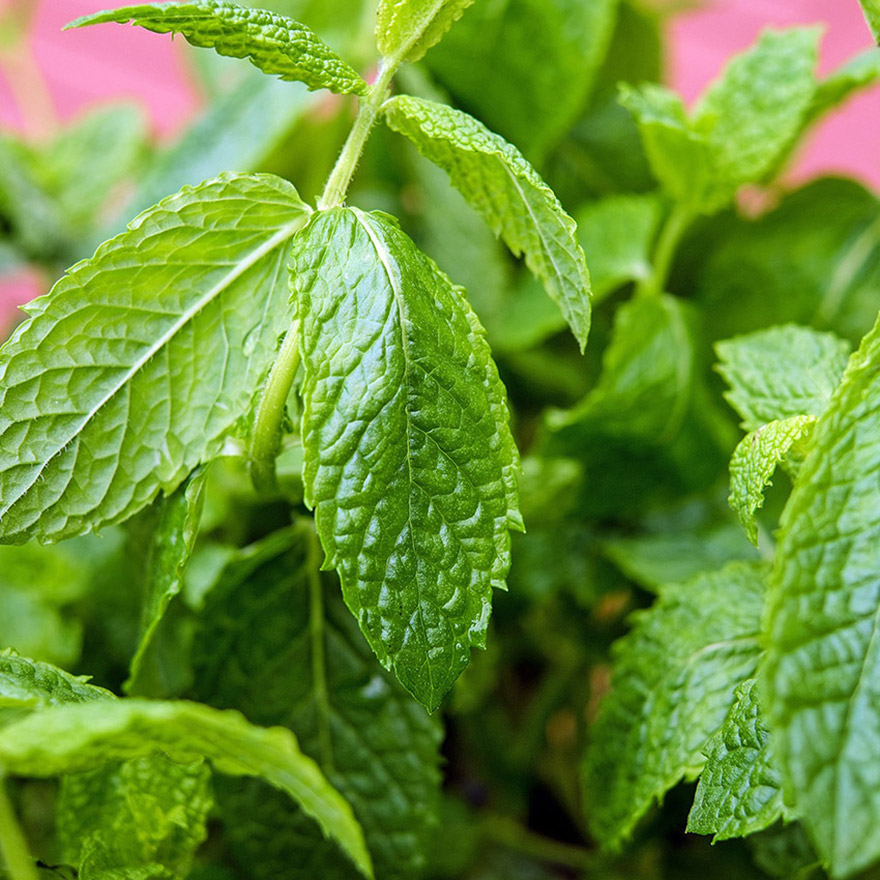
According to La Leche League, “Peppermint [is] reputed to decrease milk production when consumed in large or concentrated amounts. Frequent brushing with toothpaste containing real peppermint oil or even eating potent peppermint candies has caused trouble for some mothers.”
2. Parsley
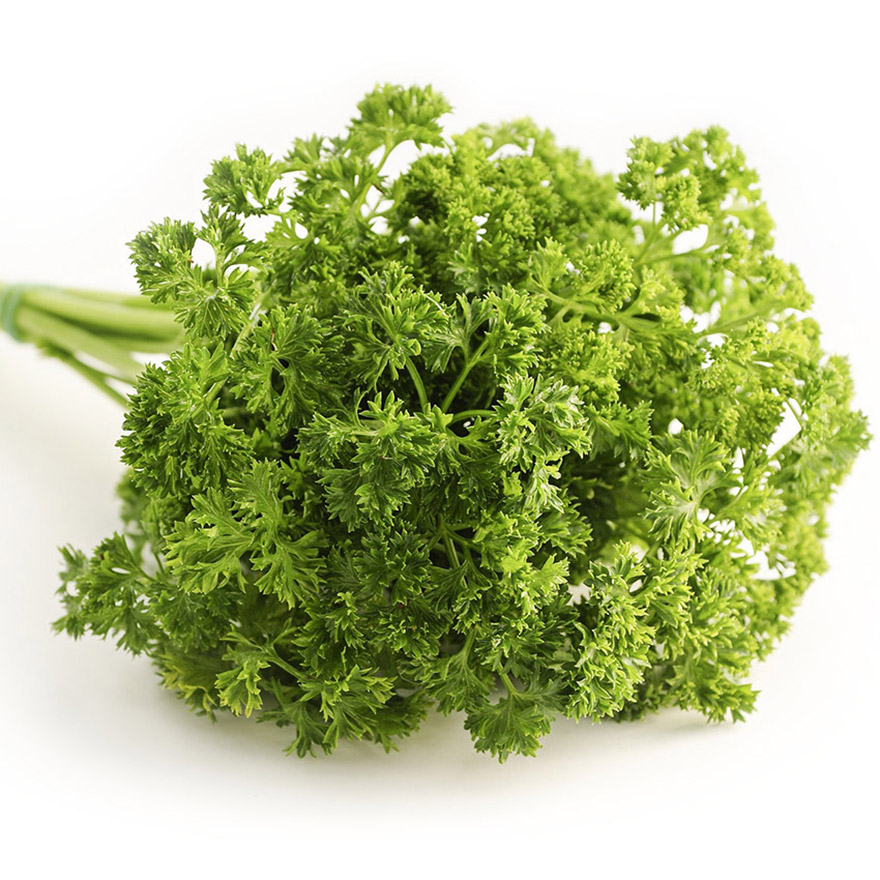
Parsley is actually a member of the peppermint family, so it makes sense that it’s one of the herbs to avoid while breastfeeding. Again, in order to have much effect, you would have to consume parsley in large amounts, which isn’t a common thing to do, but there are some dishes that do call for a lot of parsley, like tabbouleh and some pestos, so check if you’re unsure.
3. Caffeine
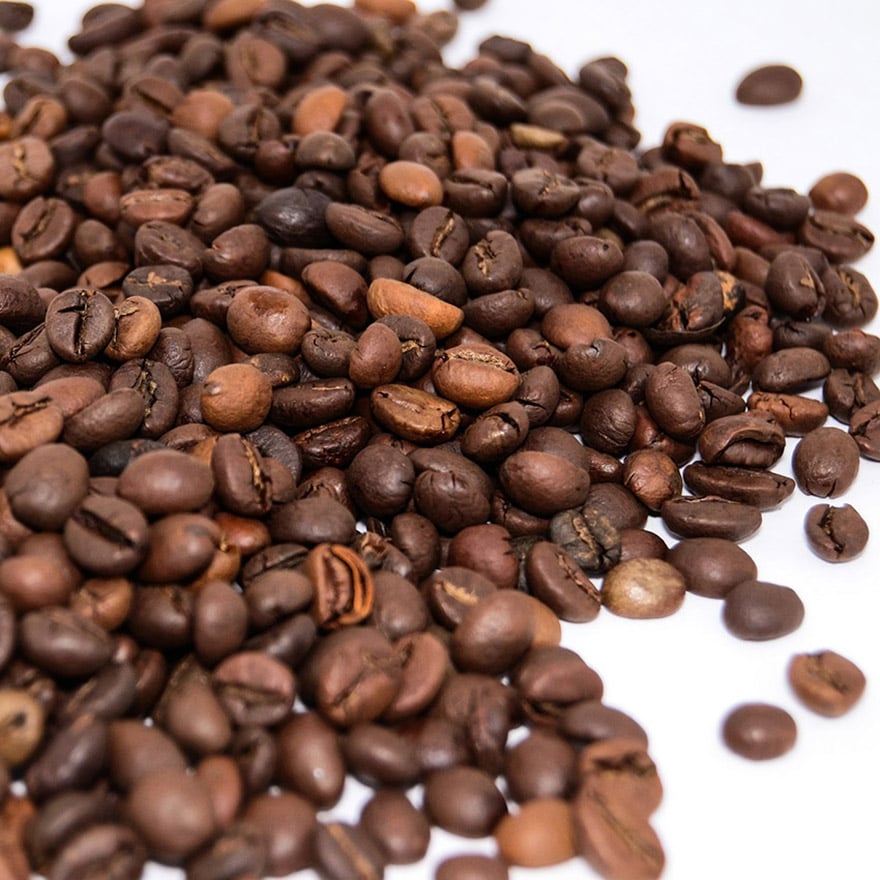
It seems unfair that coffee (and related awesome foods like chocolate) would make this list twice, but unfortunately, when consumed in large quantities, caffeine can cause a reduction in milk supply. Our advice to tired new moms is to avoid worrying about drinking coffee during breastfeeding too much unless your milk supply is really suffering. Remember, it’s important to take care of yourself. If you look forward to your daily cup of coffee, it may not be worth giving it up without trying (lots of!) other things first.
Foods That Are Common Allergens

If you’ve tried cutting out some of the foods we’ve discussed and you’re still dealing with a fussy, irritable baby who seems to be in pain most of the time, you may have a food allergy on your hands. In this case, your doctor may have you start a food journal as the first step in figuring out the culprit and nailing down a breastfeeding diet for you to follow. We’ve put together a list of the most common allergens that you could begin with.
1. Fish And Shellfish
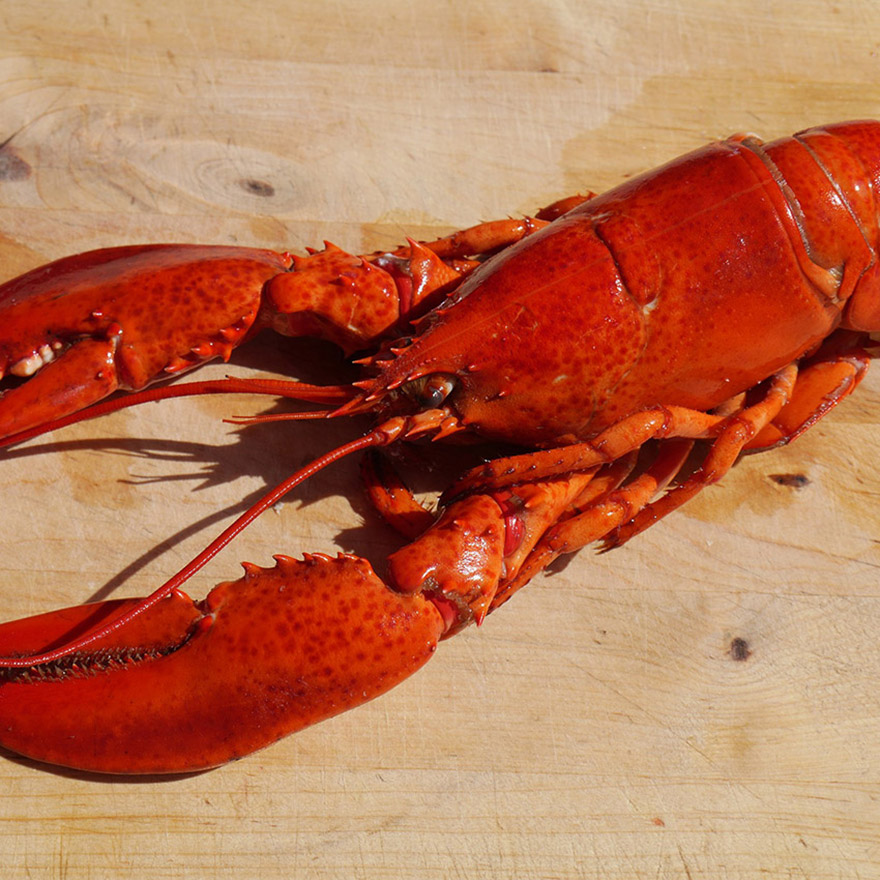
The FDA has long advised pregnant and nursing mothers to stay away from some types of fish (like shark and mackerel) due to high mercury levels. Not only that, but shellfish (think shrimp, clams, and lobsters) are one of the most common sources of food allergies. All this seems like reason enough to stick with some good old yard bird while you’re nursing your baby, and add in healthy fish like salmon later on.
2. Wheat
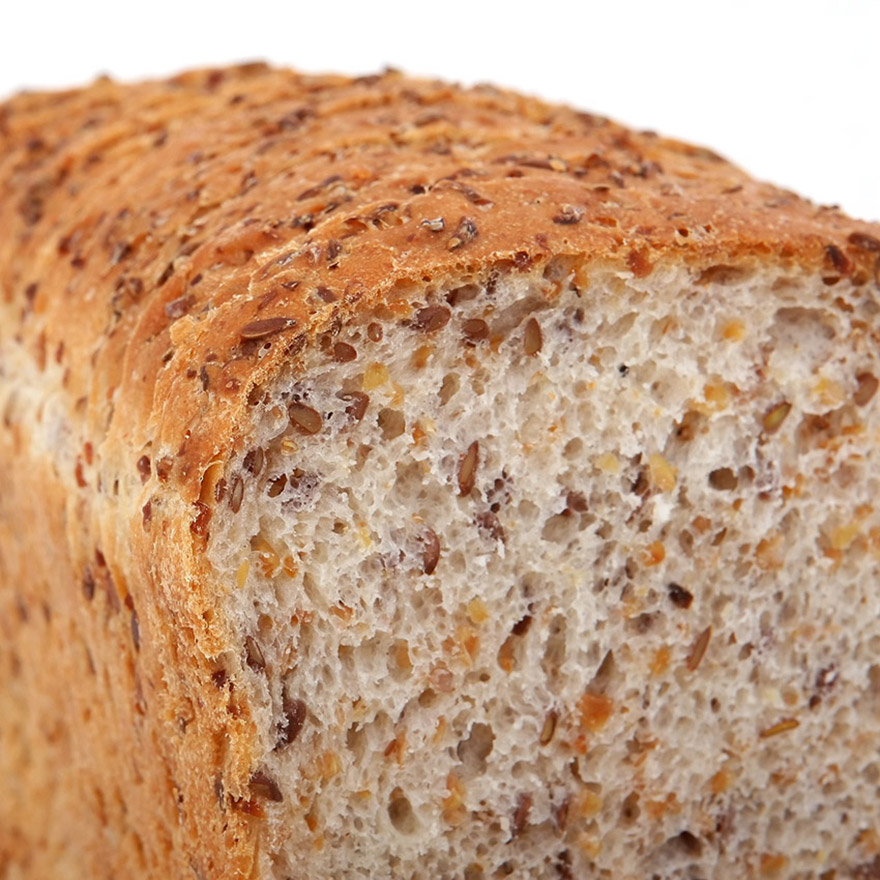
Although wheat is found in a host of foods, it’s possible that this could be the source of your baby’s discomfort, so it may be a good food to avoid while breastfeeding. Typical symptoms of a gluten intolerance in babies are excessive fussiness and gas, diarrhea, and slow weight gain.
3. Milk/Dairy
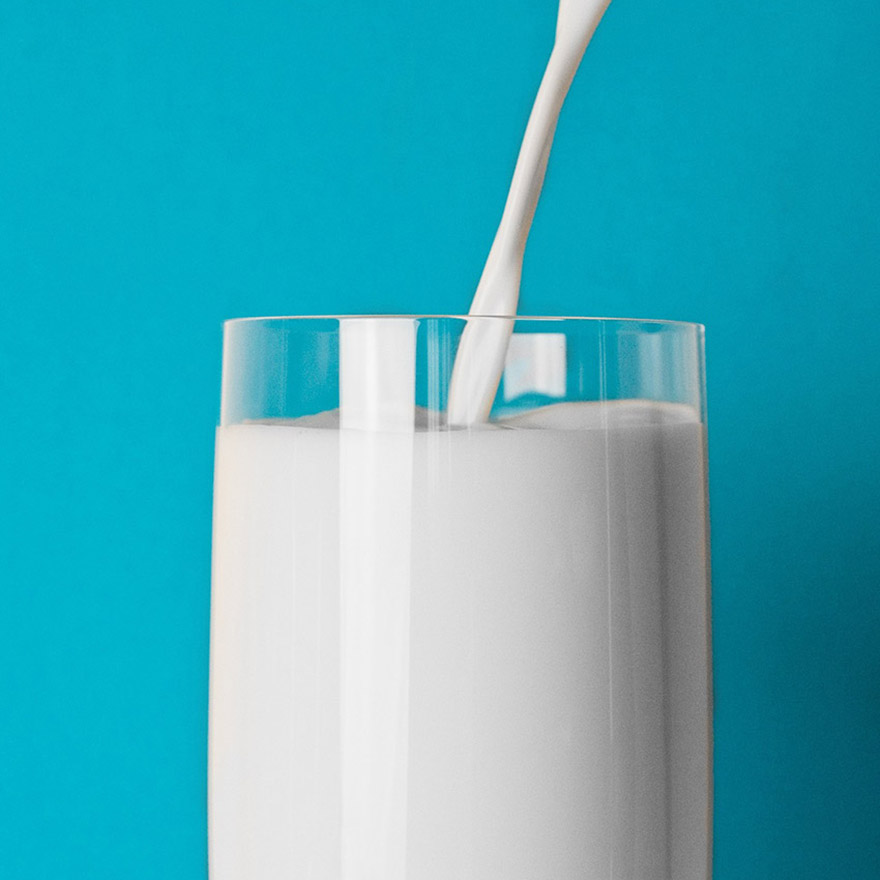
Dairy products continue to be the number one source of food allergies, so this may be one of the first breastfeeding foods to avoid if your baby’s fussiness seems to be more than just typical discomfort. Unlike wheat, it’s relatively simple to cut back on dairy products. According to kellymom.com, “you may be able to relieve baby's symptoms by eliminating only the obvious sources of dairy (milk, cream, yogurt, butter, cheese, sour cream, ice cream, cottage cheese, etc.).”
Drinking While Breastfeeding
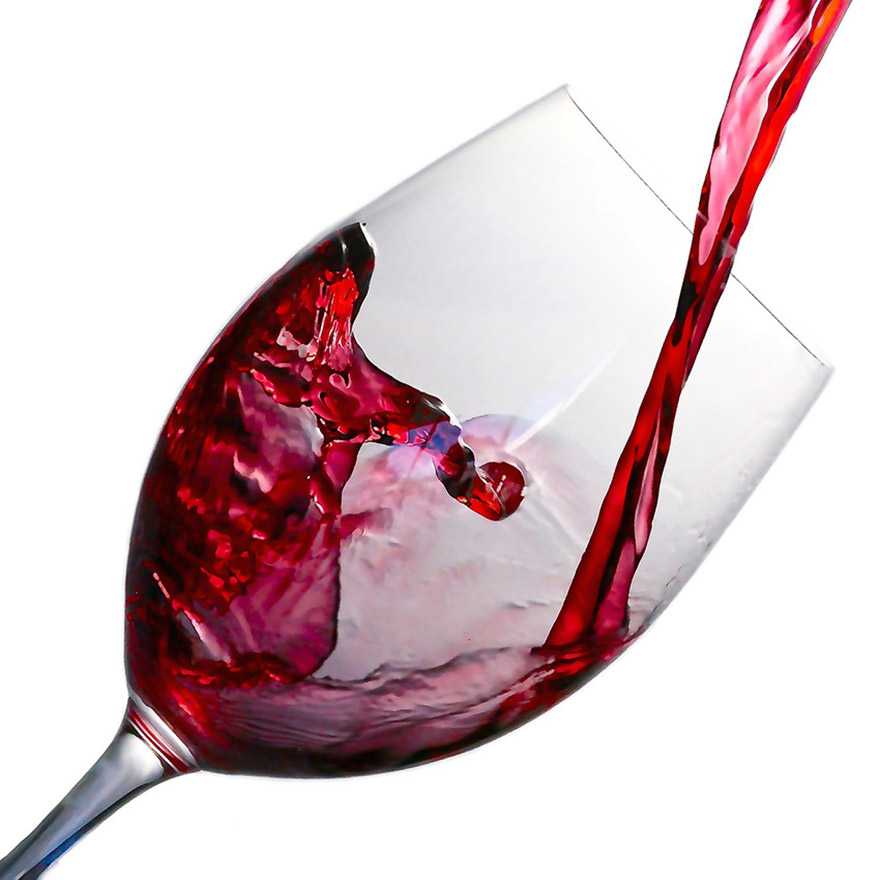
We’ve talked a lot about foods to avoid while breastfeeding, but what about drinking while breastfeeding? You just went nine months without alcohol — do you really have to go nine more? Is drinking alcohol while breastfeeding safe?
As with anything, moderation is key here. According to The Womanly Art of Breastfeeding, distributed by La Leche League and widely considered to be the "breastfeeding bible," the amount of alcohol a baby receives has not been proven to be harmful if the breastfeeding mom drinks occasionally or limits her consumption to one drink or less per day.
So what are the best ways to drink alcohol safely while breastfeeding? Let’s take a look at a few options and debunk some myths about drinking while breastfeeding:
1. Pump And Dump
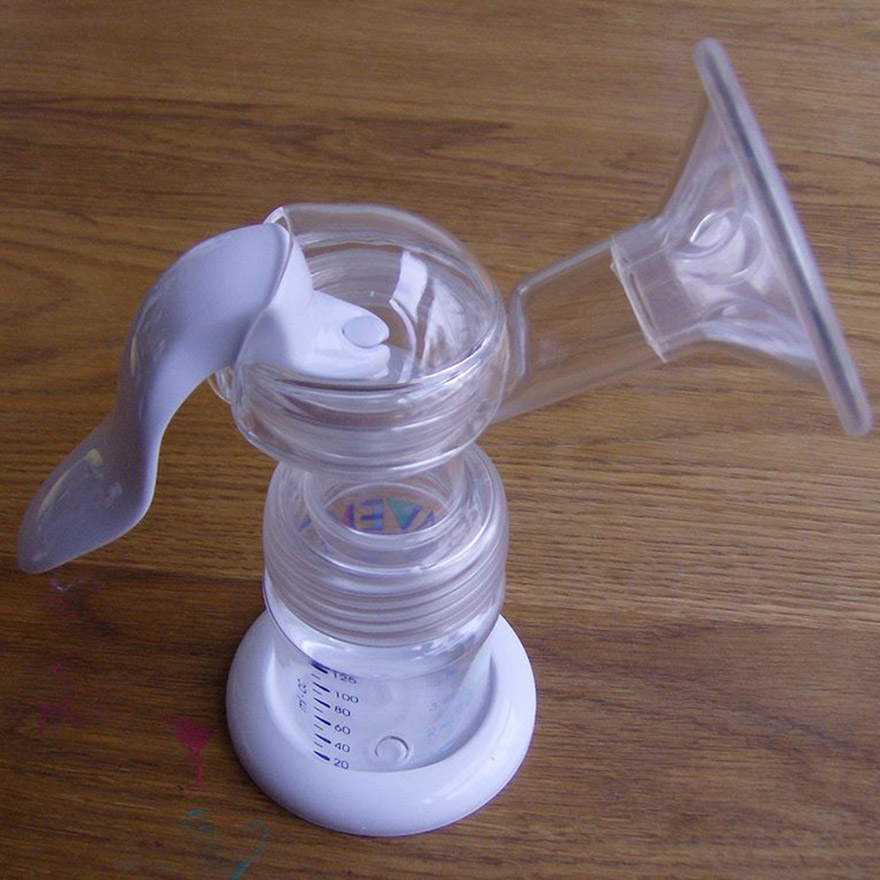
Although it makes sense that pumping after drinking and disposing of the milk would prevent passing alcohol on to your baby, experts are now telling moms to skip this practice, saying that it does nothing to speed up the elimination of alcohol from your breast milk.
2. Drinking After Nursing

The best method to follow if you truly need a drink or two while breastfeeding is to consume the alcohol immediately following a feeding, when you’re sure your baby won’t need to nurse again for several hours. This will allow for a natural reduction of the alcohol levels in your breastmilk.
3. Alcohol Test Strips
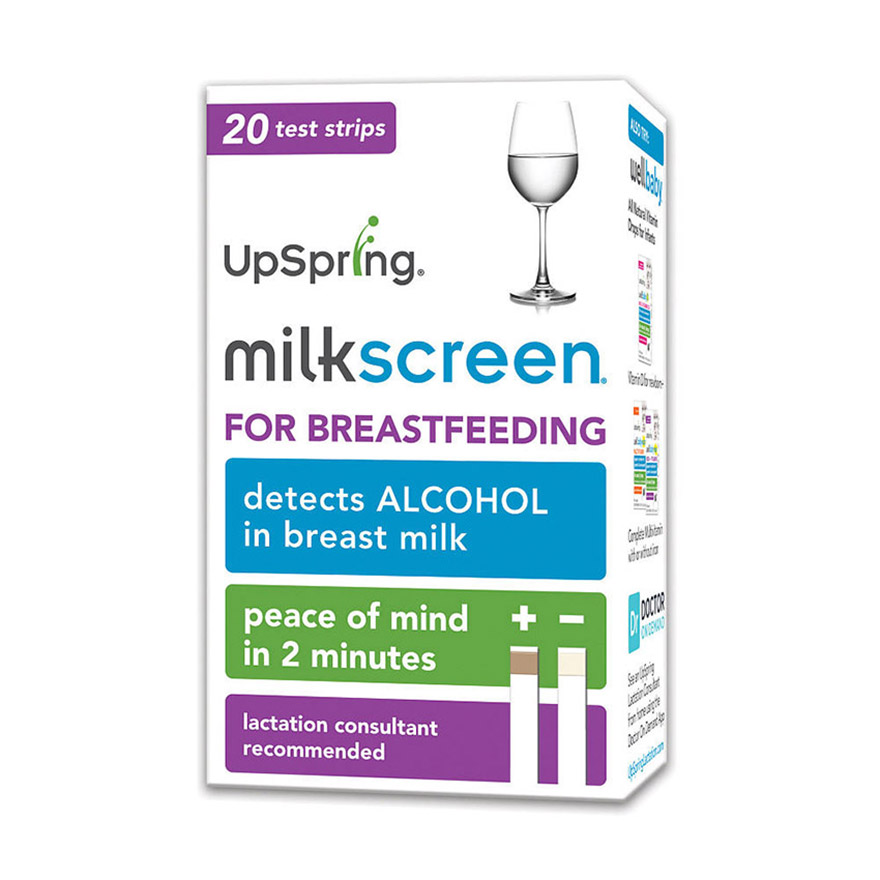
There are a few products on the market, like Milkscreen, that allow you to test the level of alcohol in your breastmilk in the comfort of your own home. If you’re truly concerned that you may have overindulged, these will give you an answer in under two minutes.
What foods did you have to avoid while you were breastfeeding? Be sure to SHARE this article with anyone who may be struggling with a fussy newborn!




